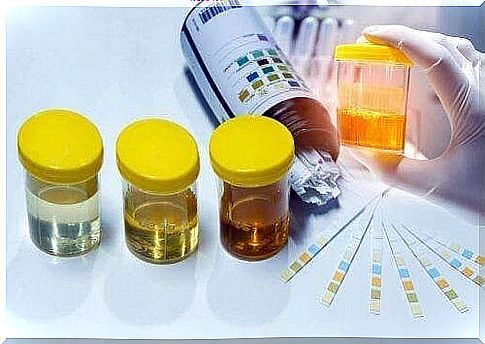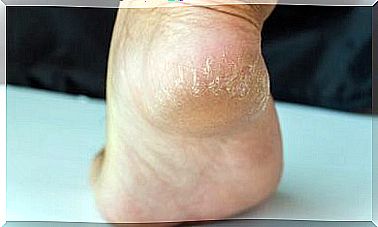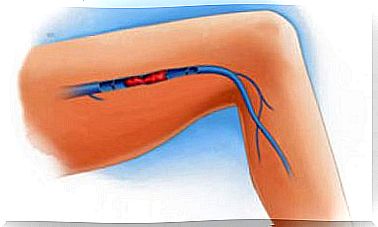Nitrites In The Urine: Why Do They Occur?

Nitrite in the urine is a substance that helps doctors diagnose a suspected urinary tract infection. In humans, nitrites should not normally be present in the urine . Thus, their presence is abnormal.
Nitrates are among the substances expelled through the urine. Although it sounds like nitrites, it is not the same. Some are normal while others are not. When the nitrates in the urine encounter certain bacteria, they are converted to nitrites. Therefore, a nitrite test is associated with urinary tract infections.
However, nitrites do not only exist due to bacteria. Substances such as potassium nitrite or sodium nitrite are used in the food industry. They are used, for example, to artificially highlight the red color of the meat.

Vegetables, on the other hand, usually contain nitrates. Green vegetables, beets and radishes are rich sources of nitrates. This is why the World Health Organization (WHO) has established a daily intake of no more than 3.7 mg per kg of weight.
The nitrates that the body cannot use and that it excretes through the urine can be taken by certain bacteria to turn into nitrites, as we mentioned earlier. However, not all bacteria have that ability. The most common bacteria that cause urinary tract infection have the ability to do so. These include:
- Escherichia coli
- Enterobacteriaceae
- Proteus mirabilis
- Enterococci
When does the doctor recommend a nitrite test?
Urinary tract infections have characteristic symptoms that make doctors suspect their presence.
Symptoms include:
- Problems with water discharge
- Pain or a burning sensation during urination
- Urine in an abnormal color
- The acute need to urinate constantly
- Fever
When the doctor is faced with these symptoms, he or she may request a nitrite test. However, the doctor can also perform a complete urine test – not just a nitrite test. The doctor may also combine a nitrite test with leukocyte stix. If one tests positive for both of these, there is much to suggest a urinary tract infection.
Leukocyte esterase is an enzyme produced by neutrophils, basophilocytes, eosinophilic leukocytes and monocytes. These are white blood cells. Thus, this may indirectly indicate that there are white blood cells due to an infection.
How is a nitrite test performed?
Once the doctor has requested a complete urine test, including nitrites, the patient must submit a urine sample. The container must be sterile to ensure reliable results.
The patient should discard the first jet of urine in the toilet and then collect the second jet. If the patient takes the sample after several hours without urination, the sample will be more reliable. For example, it is best to collect urine for a urine sample in the morning when you have just gotten up.

A biochemist then puts a test strip in the urine to analyze it. The test strip contains substances that change color when they pick up what it is they want to measure.
Test strips generally do not measure a single element, but instead contain different reagents to make the process more efficient. A single test strip can capture nitrites, glucose, esterase and proteins.
Although it depends entirely on the label, nitrite reagents usually turn pink when detected. However, it is up to the individual manufacturer which color is used and how to read the results.
Nitrites in the urine: How are the results interpreted?
What happens then if the patient tests positive for nitrites in the urine?
Let’s say a man decides to go to the doctor because he feels a burning sensation when he lets out the water. At the same time he also has a fever. The doctor therefore requests a urine test, and the laboratory reports that the patient has tested positive for nitrites in the urine.
The positive result suggests a urinary tract infection. In addition, if the patient tests positive for leukocyte esterase, then there is a diagnosis. In these cases, the doctor will usually recommend an antibiotic treatment.









